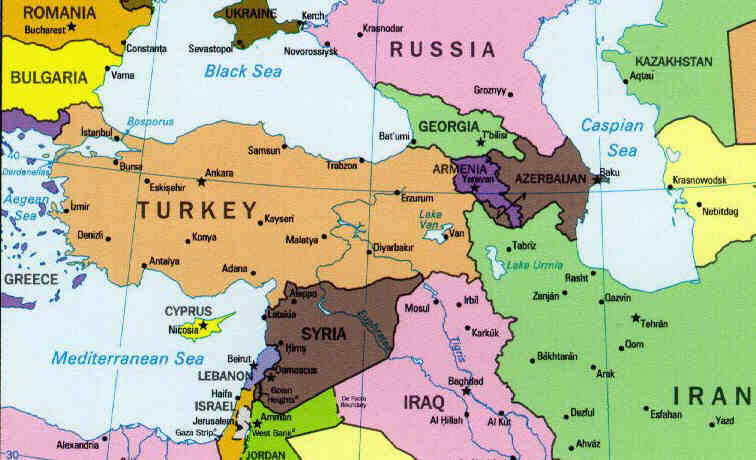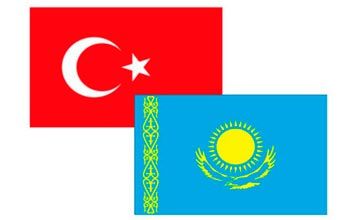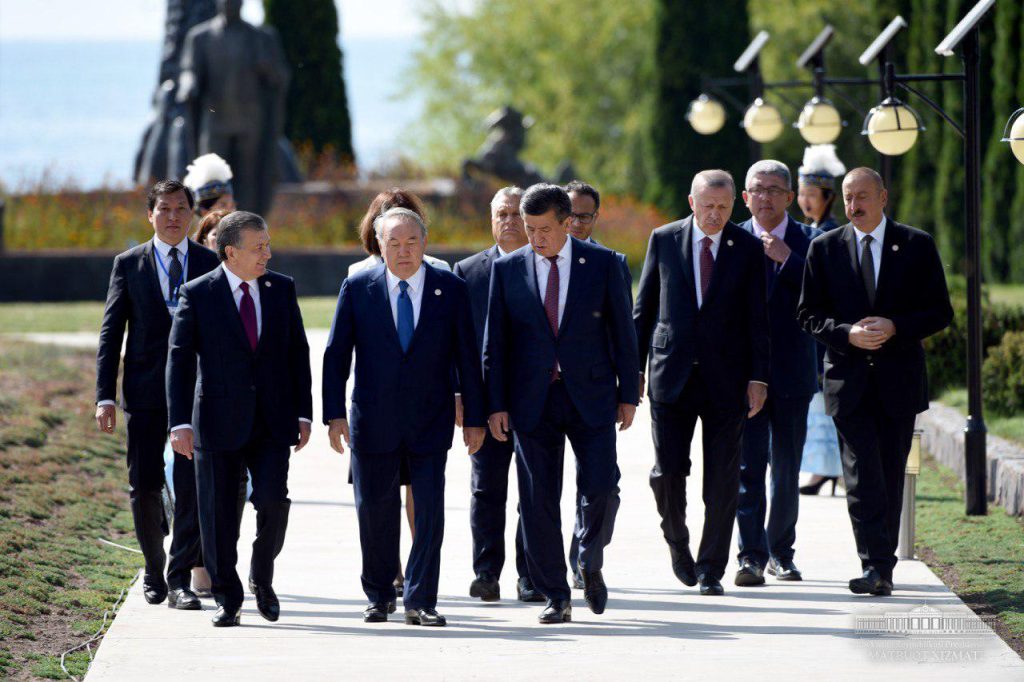BISHKEK (TCA) — Political partnership between Kyrgyzstan and Turkey has been strengthening for many years and has reached a high level. It is time now to give a new impetus to the development of economic cooperation between the two countries, Kyrgyz President Sooronbai Jeenbekov said at the Kyrgyz-Turkish investment forum held in Bishkek on September 2. Turkish President Recep Tayyip Erdogan, who was in Kyrgyzstan on a two-day official visit, attended the forum. Trusting relationship Leading companies from Turkey and Kyrgyzstan from various economy sectors, representatives of state bodies and international organizations took part in the forum. The participation of the Turkish President in the forum’s work raises mutual trust between businesspeople of the two countries, President Jeenbekov said. "We have a particularly trusting relationship with Turkey. For partners from fraternal Turkey, our doors are always open, we are happy with every meeting with you. During my official visit to Turkey last April, we reached important agreements in trade, transportation, agriculture, energy, health, and pensions," Jeenbekov said. In 1994, trade between Kyrgyzstan and Turkey was $20 million. Over the past 23 years, this indicator grew 18-fold and last year amounted to $356 million. "At the same time, I believe that our trade is not fully used. We need to make every effort to increase the trade between our countries up to $1 billion,” Jeenbekov said. Over 27 years of Kyrgyzstan’s independence, hundreds of projects have been implemented in Kyrgyzstan with the participation of Turkish capital. Currently, over 600 joint Kyrgyz-Turkish enterprises operate in Kyrgyzstan. Since 1995, direct investments from Turkey to Kyrgyzstan exceeded $500 million. Creating conditions for doing business Kyrgyzstan has created the most favorable conditions for doing business, Jeenbekov said. As a result of fiscal reforms, the most liberal tax regime in the region was created. In Kyrgyzstan, tax rates are much lower than in some countries of the region. For instance, VAT is 12% and the income tax is 10%. Agricultural producers, trade and logistics centers and machine and tractor stations are completely exempt from the profit tax. From September 2018, VAT is only 2.4% for enterprises processing domestic agricultural produce. To develop the country’s regions, preferential taxation of the industry was introduced. In the settlements of regions defined by the Government, enterprises are completely exempt from the tax on real estate and land from five to ten years. Kyrgyzstan gives priority to the processing of agricultural products, energy, light and processing industries, and tourism. The country will continue reforms to liberalize investment laws and restrict interference in business activities, as well as to respect contractual rights, President Jeenbekov said. He told the forum participants about the stable regime tax option. New enterprises are exempted from inspections for three years. There is a free currency regime in the country. There are no restrictions on buying and selling foreign currency, withdrawal and input of capital. The import of technological equipment is exempt from customs duties. Foreign investors can use inexpensive and skilled labor and cheap electricity. Kyrgyzstan has...






